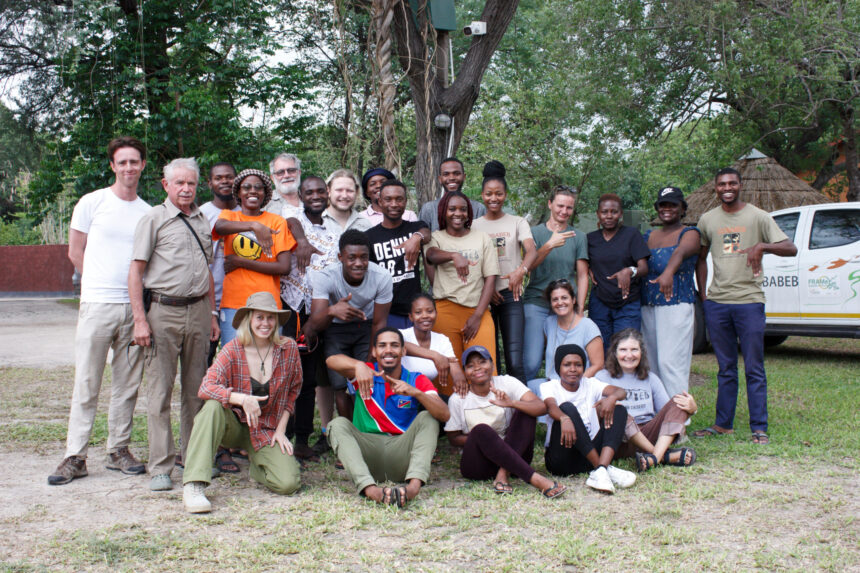Namibia recently joined the rest of the world’s southern hemisphere for the Great Southern Bioblitz event, finishing the challenge in 10th place out of 138 projects from over 20 countries, and in the sixth position out of the 37 projects registered in southern Africa.
The leading project was Overstrand, located in the Western Cape in South Africa, where teams documented almost 15 000 observations and over 2 000 confirmed species.
The Great Southern Bioblitz is a four-day event during which scientists, naturalists and volunteers across the southern hemisphere join forces to survey all living organisms within designated areas.
Gillian Maggs-Kölling of the Gobabeb Namib Research Institute, which coordinated Namibia’s contribution, says several teams of observers dispersed over the Zambezi region to log more than 5 400 observations of more than 1 000 species of plants and animals.
“Observers recorded all their findings on the citizen science platform iNaturalis. The app allows users to upload photographs and gain help identifying species from hundreds of experts and volunteer naturalists throughout the world,” she says.
“The Gobabeb team worked in collaboration with Wildlife Management and Ecotourism Studies students from the University of Namibia (Unam) and local schools for the event.
“In addition to surveying species, the Gobabeb and Unam teams delivered biodiversity educational sessions to 200 pupils from five schools at Katima Mulilo,” Maggs-Kölling says.
According to their proponents, the bioblitz events are meant to draw special attention to the remarkable biodiversity found across the world, while fostering public engagement with nature.
Also, they help provide scientists with a rich resource for understanding species distribution throughout the natural world and within homes and farms.
Laura Erculei, the principal at Wild Kids Academy says the event has been an incredible journey for the academy.
“Our pupils had a lot of fun and showed impressive enthusiasm. We learnt a lot and realised there is still so much to learn.
“We are grateful to Gobabeb for introducing us to the project and happy to have contributed to the success of it,” she says.
Punaete Kandjii, who studies wildlife management and ecotourism at Unam, says: “These encounters not only teach us about the tremendous diversity of life, but they also deeply connect us with nature, instilling in us a desire to conserve our ecosystems.
“Through the event we became proud stewards of our environment, fighting for its protection and long-term use for ourselves and future generations.”
Maggs-Kölling says the event was supported by the United Nations Development Programme and the German Agency for International Cooperation.
Entry to national parks were granted by the Ministry of Environment, Forestry and Tourism.
“The annual Great Southern Bioblitz event has now grown to include research institutions, universities, municipalities, communities, interest groups and individual naturalists across three continents in the southern hemisphere,” Maggs-Kölling says.



Leave a Reply